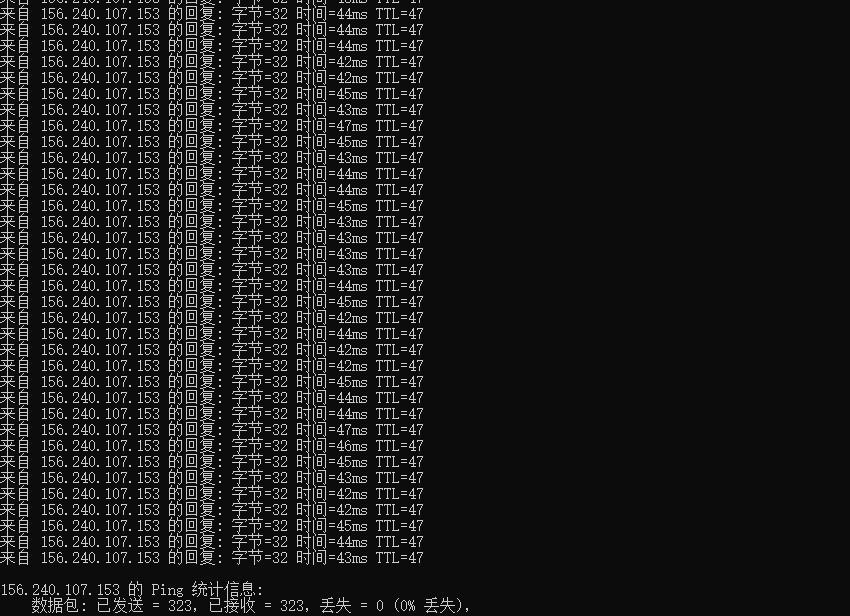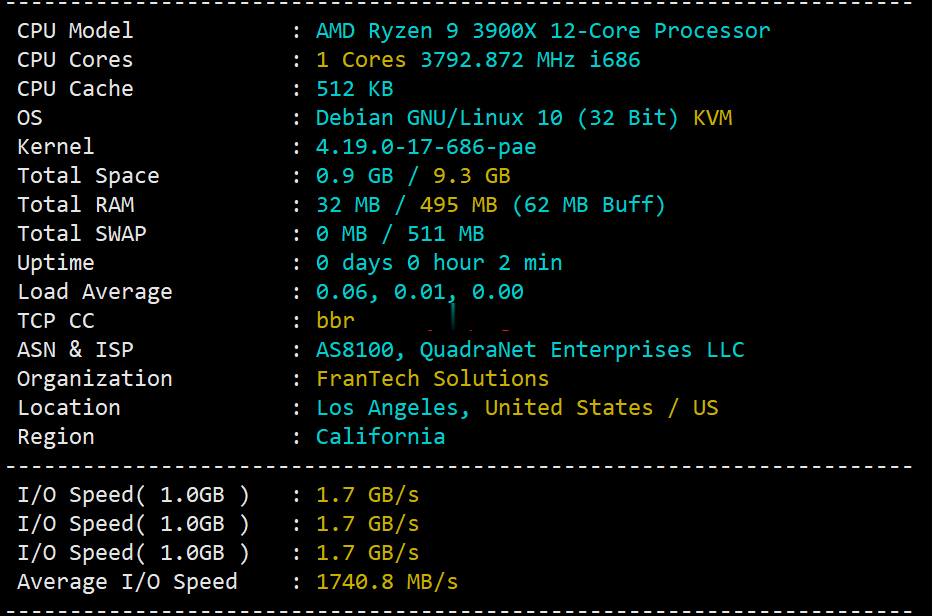时序内存时序的调节(Memory timing adjustment)
内存时序的调节Memory timing adjustment
The timing of the memory, it is a kind of general parameters stored in the memory of the SPD.
We see DDR3 as the timingof the memory 7-7-7-20, often 8-8-8-22,9-9-9-24 first introduced below, each part representing the meaning of small.
First give a complete memory timing
(cases) :7-7-7-20-4-89-10-7-20-0 1T, followed by the corresponding sequence introduced.
1.DRAM CAS Latency (tCL) : CAS memory
Latency refers to the "latency"memory read and write operation front row address controller, the parameters have great influence on memory bandwidth, smaller memory performance is high, whereas the lower, the higher the frequency of the memory operation parameters usually need to set the DDR3, according to the different physical memory, conservative setting is usually 7-9, too you can set different Cl values according to their own physical memory.
2.DRAM RAS to CAS
Delay (tRCD) : addressed to the column addressing delay time,the parameter setting of the memory bandwidth affect larger,smaller values better performance is usually conservative set 7-9.
3.DRAM RAS PRE
Time (tRP) : the memory address controller for pre charging time,the parameter setting has greater influence on memory bandwidth,the smaller the better numerical performance, conservative setting is usually 7-9, the number usually can be set to DRAM RAS to CAS Delay 1 numerical.
4.DRAM RAS ACT Time (tRAS) : the shortest cycle memory active to precharge, the value have little effect on memory bandwidth,conservative set is usually 20-24.
5.DRAM RAS to RAS Delay (tRRD) : unit to unit delay, the smaller the value the better, that is set to 5-7.
6.DRAM REF Cycle
Time (tRFC) :SDRAM refresh cycle time, the larger impact on memory bandwidth, usually set to 60, the relaxation parameters can be appropriate to enhance memory overclocking frequency,such as when the DDR3 memory overclocking above 2000MHz frequency is proposed, the value up to 88 or more.
7.DRAM WRITE Recovery Time (tWR) : write recovery time, the value of a slight influence on memory bandwidth, usually the parameter setting can be about 8-12.
8.DRAM READ to PRE Time (tRTP) : the memory pre charging time,usually set between 8-12.
9.DRAM FOUR ACT WIN Time (tFAW) : this option is usually set to
Auto, has little effect on performance and stability.
10.DRAM Back-To-Back CAS Delay: the smaller the value the better memory performance, usually set Auto can be manually set between 4-6.
11.DRAM Timing
Mode: the first memory command delay setting options, a greater impact on memory performance, up to 2N (2T) may be appropriate to enhance memory overclocking frequency, usually set to 1N (1T) .
-1T has less latency, memory system performance. But the poor compatibil ity.
-2T has a long delay, many more system memory. Compatibility and high stability. The recommended memory is set to 1T to achieve the best efficiency of memory.
12. for several parameters not mentioned in the BIOS part of the timing of the memory, in general can be set to AUTO.
2. small memory reference theory is as small as possible, but ultimately to a stable system as the goal.
3. OC can be simply understood as finding the minimum stable voltage in the target frequency, then adjust the order of the same can be simply understood as the minimum value for each parameter of the stable.
4. small parameter adjustment requires patience, not anxious.Parameter adjustment
CPU super memory overclocking FSB, there is a link between the three memory timing adjustment, basically is a start to back order.
Adjust the timing of the memory before the need to clear a few:Your 1. CPU frequency; frequency 2. of your memory; the nominal value of 3. with your memory.
Here I make a set, currently CPU FSB is 200 (frequency 20) ,memory chooses OCZ 1600 Platinum Edition (1.65V 7-7-7 nominal value) .
Because the CPU FSB lock in 200 (frequency 20) , then the memory I have chosen, according to several established frequency ratio (FSB:RAM) suitable for frequency: 1600 (2:8) and 2000 (2: 10) .As mentioned above, when the memory frequency is increased,especially when the nominal value, we need to increase the cost of small memory reference.
(1) if your memory work frequency is less than or equal to the nominal value of your memory, you can think of memory timing you can at least to the nominal level, for example, I choose the memory in the 1600 frequency, first set the timing of the memory is 7-7-7
1T, other AUTO, if they can successfully enter the system through memory and test, it shows you the timing of the memory is OK, I was like 7-7-7-24-5-89
1T, then continue to narrow part of the parameter values (Note:an adjustment, a variable and multiple variables, such as setting the truth) 7-7-7-21 (20) 1T, to see whether the stable,is still in the testing system (repetitive and boring work, so need to be patient. . . ) if it is stable. To continue, such as 7-7-7-21 (20) -5-60
1T, this I did not succeed; if not stable and slightly small parameter values, such as 7-8-7-21 (20) , f ind the minimum value of stability and so on.
Send my own map,
[http://valid.canardpc.com/cache/banner/1027841.png]
That figure can see the memory in 1600 frequency timing for 7-7-7-20 1T (7-7-7-20-5-89
1T) , personal recommendations mainly before adjusting the values of 6 parameters, before other reference interpretation of fine-tuning, or directly AUTO.
(2) if you work more frequently than the memory of your memory nominal value, you need to look at your physical memory, if a good cop, still can steady the nominal frequency, and the following general constitution directly in the nominal plus delay on 1-2 (three parameters) , the other AUTO system if you can reduce the stability test, then a small parameter value
method similar to (1) said. I put the CPU FSB down to 190recently, the memory is running 1900 (2:10) , note that when the memory overclocking voltage value is a very important parameter,personal recommendations as not more than 1.7 (daily) , I finally can be stabilized 1.64V platinum
1900MHz 9-9-9-24-6-105 1T, a map.
In addition, if the police wanted the general health of strong high frequency, can let the cops run 2T (not recommended) .To sum up, the ultimate goal is to seek the overclocking performance and stability of the equilibrium, a small ultra for super beverages.
华纳云不限流量¥324/年,香港双向CN2(GIA)云服务器/1核1G/50G存储/2Mbps
华纳云(HNCloud Limited)是一家专业的全球数据中心基础服务提供商,总部在香港,隶属于香港联合通讯国际有限公司,拥有香港政府颁发的商业登记证明,保证用户的安全性和合规性。 华纳云是APNIC 和 ARIN 会员单位。主要提供香港和美国机房的VPS云服务器和独立服务器。商家支持支付宝、网银、Paypal付款。华纳云主要面向国内用户群,所以线路质量还是不错的,客户使用体验总体反响还是比较好...

buyvm迈阿密机房VPS国内首发测评,高性能平台:AMD Ryzen 9 3900x+DDR4+NVMe+1Gbps带宽不限流量
buyvm的第四个数据中心上线了,位于美国东南沿海的迈阿密市。迈阿密的VPS依旧和buyvm其他机房的一样,KVM虚拟,Ryzen 9 3900x、DDR4、NVMe、1Gbps带宽、不限流量。目前还没有看见buyvm上架迈阿密的block storage,估计不久也会有的。 官方网站:https://my.frantech.ca/cart.php?gid=48 加密货币、信用卡、PayPal、...

90IDC-香港云主机,美国服务器,日本KVM高性能云主机,创建高性能CLOUD只需60秒即可开通使用!
官方网站:点击访问90IDC官方网站优惠码:云八五折优惠劵:90IDCHK85,仅适用于香港CLOUD主机含特惠型。活动方案:年付特惠服务器:CPU均为Intel Xeon两颗,纯CN2永不混线,让您的网站更快一步。香港大浦CN2測速網址: http://194.105.63.191美国三网CN2測速網址: http://154.7.13.95香港购买地址:https://www.90idc.ne...

-
域名查询如何查询域名所有人的信息域名注册公司国内正规的国别域名注册商是哪家?linux主机【windows主机换Linux主机该怎么弄啊?需要注意些什么呢?】域名备案查询如何查询自己域名是否备案,怎么查询备案号?免费虚拟主机申请在哪个网站申请的免费虚拟主机可以绑定顶级域名?求高手指点!虚拟空间免费试用那位给我介绍个可以试用三天的虚拟空间。网站空间商域名空间商怎么做国外网站空间国内空间 美国空间 香港空间相比较,哪个好?独立ip虚拟主机独立ip的虚拟主机和vps的区别和优势??美国虚拟主机购买美国虚拟主机在国内那家卖的便宜,稳定,功能全??